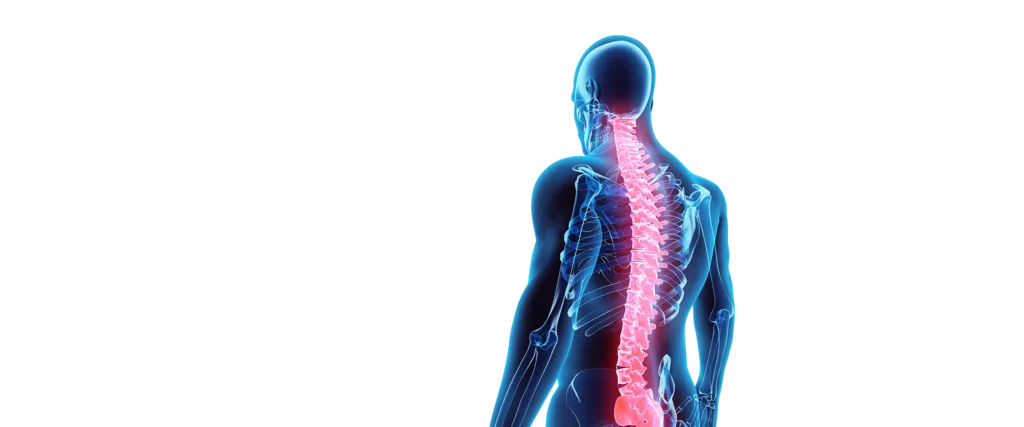What is so good about an apple? Is it the color, ranging from ruby red to pale pink? Is it the crunch? The sweetness? Or is it, instead, a combination of all of these qualities, plus the natural goodness derived from the apple's secret ingredients — phytonutrients? If this were a multiple choice quiz, the answer would be "all of the above". Importantly, in addition to possessing numerous appealing physical qualities, apples contain an abundance of health-promoting biochemicals known as phytonutrients.1,2 These specific organic molecules are derived not only from apples but many other fresh fruits and vegetables, and help power the immune system, protect against cancer, maintain healthy eyes, and assist cells in clearing out metabolic waste products such as free radicals.
Read more
It has been documented that thoughts and emotions have a powerful influence over our physical health. There was an interesting study conducted at UCLA in the early 1990s where 14 professional actors were recruited to study the effects of emotion on the immune system. During the study, the actors were told which mood state they would be experiencing.
They then read the appropriate scenario, which was about 100 words long, and were told to create and experience a realistic mood by developing the scene and verbally and behaviorally acting it out while seated. Actors were encouraged to use their own personal memories to intensify the experience. Once the actors were in a particular emotional state, the researchers drew blood to measure any physical changes that may be associated with particular emotional states. What they found surprised everyone. Simply by shifting from one emotional state to another, the actors could stimulate or suppress their immune function. Subsequent studies have measured all kinds of physical changes that result from emotional states, such as changes in hormone levels, brain chemistry, blood sugar levels, even the ability to heal properly. In fact, the mind-body connection is so strong that an entire field of science has emerged called psychoneuroimmunology.
More and more scientific studies are published on a daily basis proving the idea that thoughts and emotions have a powerful influence over our physical health. This is one of the reasons why people are much more likely to get sick during job changes, holidays and other stressful times; or why people who are depressed have a much higher risk of developing cancer. How can emotions affect our immunity or resistance to disease? Research shows that the brain can release hormones and other chemicals that affect white blood cells and other parts of the immune system. Though the chemicals also have other functions, they are a link between our thoughts and our ability to resist diseases.For example, when people react to stresses with fear, their brains send a "danger" message to the body. Hormones are released to raise blood pressure and prepare muscles for quick action, as if to fight or flee from danger. The stress hormones also depress the disease-resistance system, and over time, can damage the brain, heart and digestive tract.Thoughts can cause physical abnormalities such as ulcers, indigestion, nervousness and high blood pressure. Thoughts can also depress the immune system, which leads to a wide variety of diseases. Whether a person experiences poor health, and how soon, depends on that person's heredity, environment, diet, and behavior.
An Australian study in the late 1970s showed that when one spouse dies, the other experiences a weakened immune system. This helps explain why grieving spouses have more diseases and a higher death rate than others of similar age. Other studies have shown that heart patients who are depressed have more heart problems than happier heart patients; depression was a better predictor of problems than physical measurements were.
Cancer is more common in people who suffer a major emotional loss, repress anger and feel helpless. Cancer patients who express their emotions rather than denying them seem to recover more often. The link between emotion and cancer is so strong that some psychological tests are better predictors of cancer than physical exams are. This does not mean that everyone who has cancer or some other disease has simply thought it upon himself. There are many factors involved in disease; even the best attitude is not going to prevent ill effects from genetic malfunctions and some chemical and biological hazards. A new study shows physical proof how one of those aspects - a strong and happy marriage - can be a boon to your health. According to the study, physical wounds take much longer to heal in marriages marred by hostility and conflict than those in which couples build a more pleasurable home life.
As our thoughts and emotions have such a powerful influence over our physical health, we must take proactive steps to regain our health through healthy thinking, relaxation, and positive affirmations. Explore this section for more on how to calm your mind and improve your health.
-
An Apple a Day . . .
-
Standing Tall
Young peoples' bones stop growing by approximately age 20, somewhat earlier in women and somewhat later in men. Long bone growth, that is, in the arm, forearm, thigh, and leg, ceases later and smaller bone growth, that is, in the hands, feet, and spine, ceases earlier. In essence, you're as tall as you're
Read more -
Spring Forth!
Spring is arriving. The days are getting longer, the air is fresher, and the sunlight is brighter. Flowers and bushes are beginning to bloom. Tree sap is running and there are new baby animals in the world. In short, the world is being renewed and, if we choose to, we too can actively participate in
Read more -
Chiropractic Care for the Young and the Young at Heart
Children and adults are the same but different. Most kids want to play all the time, but they also are required to go to school. Most adults would prefer to play all the time – relax, go to the gym, read a book, watch TV, or get together with friends – but most adults need to go to work at least
Read more -
Care of Concussions
Concussions are becoming increasingly common, especially among school-age athletes. It has been estimated that there are up to 3.8 million sports-related concussions in the United States each year. Concussions are problematic as, by definition, a concussive injury involves some degree of trauma to the
Read more


